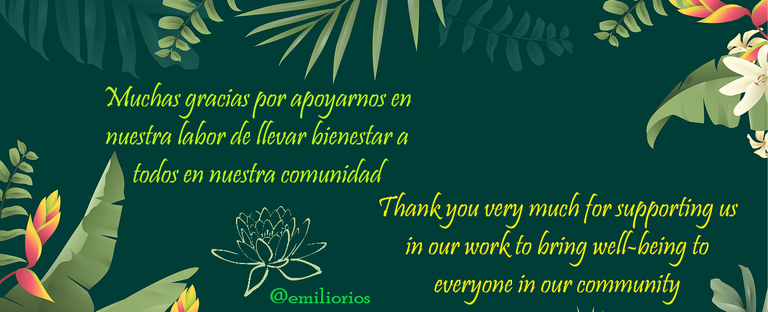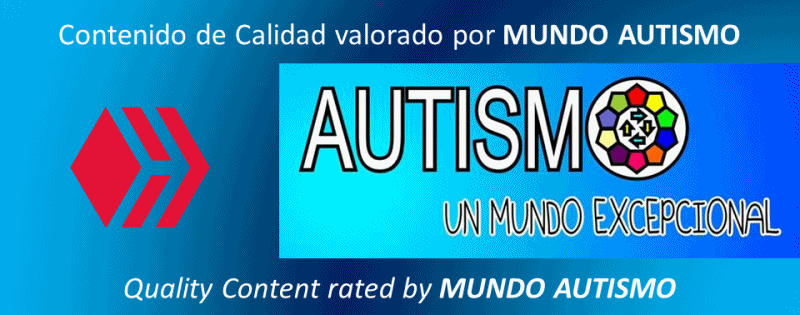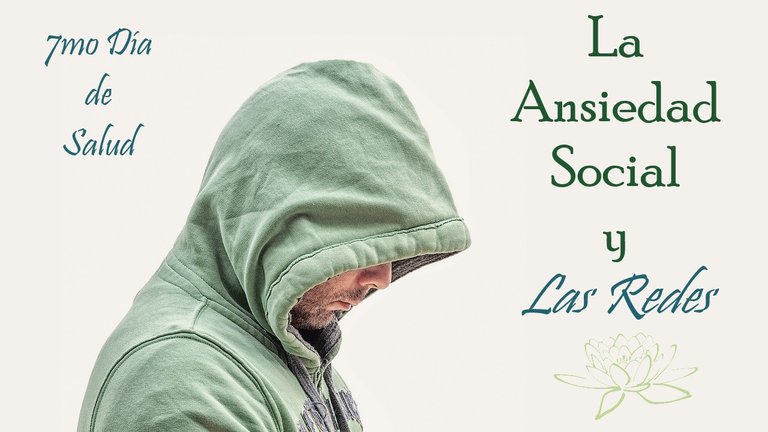

Una de las sintomatologías más frecuentes que hemos estado observando en la consulta médica, es el miedo a conocer gente nueva, eso que llamamos ansiedad social; y es un problema que está afectado en forma silenciosa a muchas personas.
Los estándares que las redes nos están pidiendo, son demasiado elevados y perfectos; y no son ciertos.
Así, mucha gente está experimentando inseguridad, vergüenza y dificultad para reencontrarnos con personas nuevas; lo que afecta hasta el deseo de viajar.
¿Qué es esto nuevo, para el adulto -como patología-, que se está acentuando a nivel del área de la salud?
Veamos un poco sobre esto.

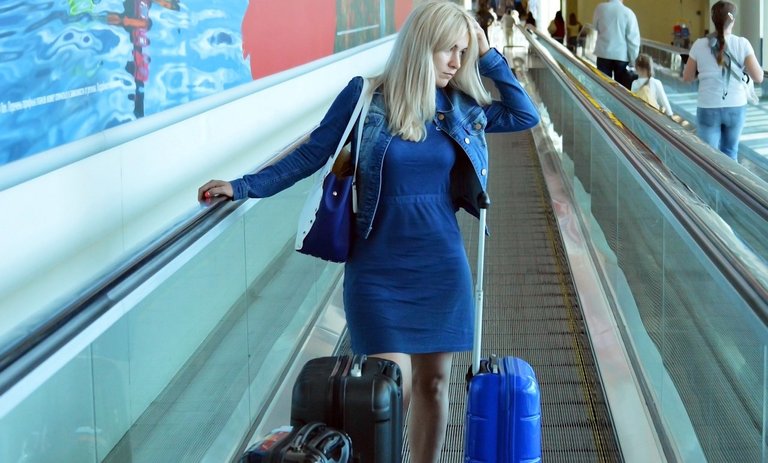
La ansiedad social: De la adolescencia hasta la adultez
Este tipo de fobia, que han investigado muchísimos estudiosos de la conducta, aparecía, únicamente, en las primeras fases de la juventud, en la adolescencia.
Con el paso del tiempo, lo superábamos; sobre todo, cuando nos veíamos en la necesidad de entrar en estudios superiores o universitarios.
Es un miedo a estar con más gente que no conocemos, a hablar en público; la angustia ante una entrevista o pensamientos negativos sobre uno mismo y sentir que se falla constantemente.
Muestra una sintomatología física, como mareo, dolor estomacal, taquicardia, sudoración, temblores y dificultad para hacer contacto visual.
Esta ansiedad social hoy en día se está extendiendo a las personas adultas; y pensamos que es por el exceso de navegación por las redes, donde, se están exigiendo estándares físicos, mentales, de estudio y de éxito, que no es posible que sean para todo el mundo.

¡Evalúate bien! Eso es lo primero
Aunque es una situación frecuente hoy en día, y que anteriormente solo se daba en la adolescencia, muchos lo estamos viviendo en forma silenciosa y muy pocas veces se habla sobre esto.
Hay que entender que no le vamos a gustar a todo el mundo, pero ya de adultos, debemos aprender a establecer y conquistar nuevas relaciones.
Y para eso, la primera relación que debemos conquistar es la relación con uno mismo.
Debes conocerte, hablarte a ti mismo, practicar ante el espejo y entenderte; saber que no eres perfecto, aunque sí eres único.
Esto es parte de la inseguridad personal, porque el miedo a no mostrarnos como somos, no es más que inseguridad y una falta de aceptación; por lo que debemos revisarnos y entender quiénes somos, nuestras debilidades y también nuestras fortalezas.
Solo así podemos comprender que somos seres únicos que pueden hacer contacto con cualquier tipo de persona.
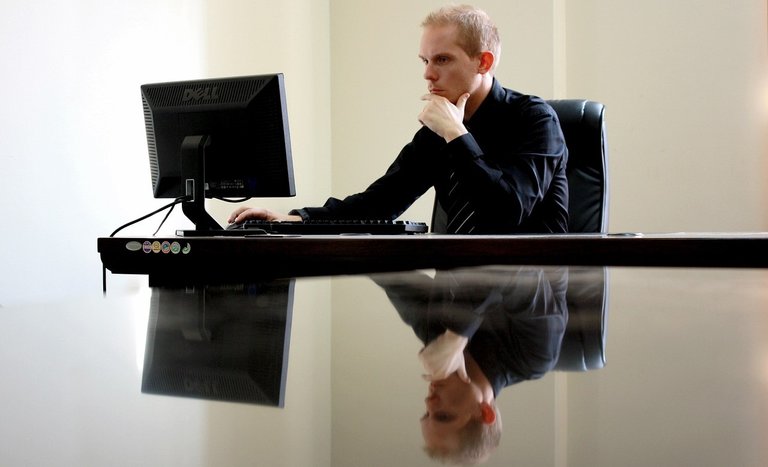
Dos sugerencias importantes para vencer esto
Si eres de los que has llegado a la edad adulta y aún muestras ansiedad de visitar lugares, conocer personas, reunirte en sitios donde te vas a exponer a otros; es muy probable que estés presentando ansiedad social.
Y para mí, lo primero que debemos hacer, después de autoevaluarnos y conocernos lo mejor posible, es reducir la sobre exigencia hacia nosotros mismos.
Dejar los pensamientos negativos, como decirnos que no podemos, hacernos sentir menos que otros.
Debemos ir transformando el autoconcepto, entendiendo que nuestra esencia nos hace únicos y que no podemos dejar de creer en nosotros; por lo que, el exigirnos demasiado no lleva a que seamos perfectos ni excelentes, sino a presionarnos más y a subrayar los errores que todos cometemos y los fracasos que todos tenemos.
Y, en segundo lugar, liberarnos de las creencias limitantes que nos ponen las redes sociales o las diferentes culturas.
Así, debemos evitar situaciones en las que nos comparemos; el dejar de observar a aquellos que hablan de éxito, en forma comparativa.
Tenemos que saber que la gente no es como lo creemos, que no es sobre exigente o que nos juzga; la verdad es que las personas son iguales en todas partes e, igualmente, tienen sus debilidades y defectos.
Sopesar, también, que el éxito de una persona no es igual al éxito de la otra.
Y algo muy importante, entender que no todos los temores son reales, que no somos el eje del mundo, que la tierra no gira alrededor de nosotros para que todo el mundo tenga puesta la mirada en lo que somos y hacemos.
Debemos aprender a crecer.
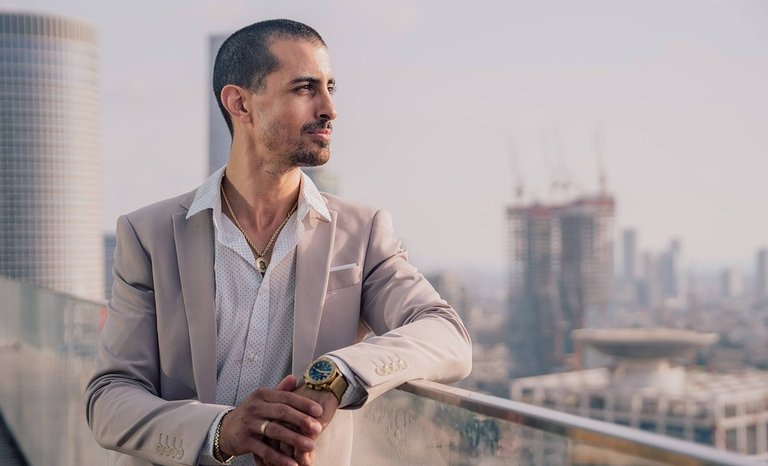
No permitamos que esto se convierta en una nueva enfermedad
Sabemos, cuando pasamos por la adolescencia, que ser uno mismo nos cuesta; y de adultos esto se convierte en la lucha de cada día.
Así, el reflexionar quiénes somos, cómo nos sentimos, si somos coherentes con lo que pensamos, hacemos y lo que vivimos, en cómo hacer las cosas para sentirnos tranquilos y disfrutarlas; no es sencillo.
Mucho menos, cuando nos está influenciando toda una sociedad y personas que tienen modos de vida que desean imponer.
Por otro lado, está la industria de la publicidad, que no tiene ningún interés en analizarte o en saber qué es lo que te conviene desde el punto de vista interior.
Por eso, debemos comenzar a estudiar esta situación, a entender que somos diferentes y a buscar en nosotros mismos aquello que es nuestra pasión y que nos hace sentir bien.
No temamos enfrentarnos con nosotros mismos, entendiendo que somos personas gregarias que necesitan y deben vivir en comunidad para crecer y ser felices.


Fear of meeting new people increases! Social Anxiety as a result of Social Networking -7th Day. Health Sunday-
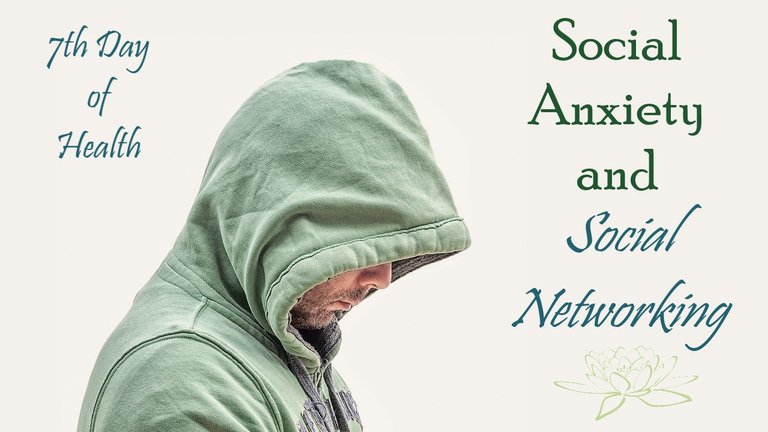

One of the most frequent symptomatologies that we have been observing in the medical office is the fear of meeting new people, what we call social anxiety; and it is a problem that is silently affecting many people.
The standards that the networks are asking of us, are too high and too perfect; and they are not true.
Thus, many people are experiencing insecurity, embarrassment and difficulty in meeting new people, which affects even the desire to travel.
What is this new, for the adult - as a pathology - that is being accentuated at the level of the health area?
Let's see a little about it.


Social Anxiety: From Adolescence to Adulthood
This type of phobia, which has been investigated by many behavioral researchers, appeared only in the early stages of youth, in adolescence.
With the passage of time, we overcame it, especially when we had to enter higher education or university.
It is a fear of being with more people we do not know, of speaking in public; the anguish before an interview or negative thoughts about oneself and feeling that one is constantly failing.
It shows physical symptoms, such as dizziness, stomach pain, tachycardia, sweating, trembling and difficulty making eye contact.
This social anxiety nowadays is spreading to adults; and we think that it is due to the excess of surfing the networks, where physical, mental, study and success standards are being demanded, which cannot possibly be for everyone.

Evaluate yourself well! That's the first thing
Although it is a frequent situation nowadays, and that previously only occurred in adolescence, many of us are living it silently and it is rarely talked about.
We must understand that not everyone is going to like us, but as adults, we must learn to establish and conquer new relationships.
And for that, the first relationship we must conquer is the relationship with ourselves.
You must know yourself, talk to yourself, practice in front of the mirror and understand yourself; know that you are not perfect, although you are unique.
This is part of personal insecurity, because the fear of not showing ourselves as we are, is nothing more than insecurity and a lack of acceptance; so we must review ourselves and understand who we are, our weaknesses and also our strengths.
Only then can we understand that we are unique beings who can make contact with any type of person.

Two important suggestions to overcome this
If you are one of those who have reached adulthood and you still show anxiety about visiting places, meeting people, meeting in places where you will be exposed to others; it is very likely that you are presenting social anxiety.
And for me, the first thing we should do, after self-evaluating and knowing ourselves as well as possible, is to reduce the over-demanding towards ourselves.
Stop negative thoughts, such as telling ourselves that we can't, making ourselves feel less than others.
We must transform our self-concept, understanding that our essence makes us unique and that we cannot stop believing in ourselves; therefore, demanding too much of ourselves does not lead us to be perfect or excellent, but to put more pressure on ourselves and to emphasize the mistakes we all make and the failures we all have.
And, secondly, to free ourselves from the limiting beliefs that social networks or different cultures place on us.
Thus, we must avoid situations in which we compare ourselves; to stop observing those who talk about success, in a comparative way.
We have to know that people are not as we think they are, that they are not overly demanding or judgmental; the truth is that people are the same everywhere and, equally, they have their weaknesses and flaws.
Weigh, too, that the success of one person is not equal to the success of the other.
And something very important, to understand that not all fears are real, that we are not the axis of the world, that the earth does not revolve around us so that the whole world has its eyes on what we are and what we do.
We must learn to grow.

Let's not allow this to become a new disease
We know, when we go through adolescence, that it is difficult to be ourselves; and as adults this becomes a daily struggle.
Thus, reflecting on who we are, how we feel, if we are coherent with what we think, what we do and what we live, on how to do things in order to feel at ease and enjoy them, is not easy.
Much less, when we are being influenced by a whole society and people who have ways of life that they want to impose.
On the other hand, there is the advertising industry, which has no interest in analyzing you or knowing what is best for you from an inner point of view.
Therefore, we must begin to study this situation, to understand that we are different and to look within ourselves for what is our passion and what makes us feel good.
Let us not be afraid to face ourselves, understanding that we are gregarious people who need and must live in community to grow and be happy.

Emilio Ríos – Venezuela
@emiliorios


Barras separadoras y logo de English, editadas en Paint, de:
Separator bars and English logo edited in Paint, from:
Pixabay-FotoblendCintillo personalizado de @emiliorios con el logo de #Hive, realizado por la excelente creadora @mosa71
Custom @emiliorios headband with the #Hive logo, made by the excellent creator @mosa71Nuevo logo de Twitter tomado de la plataforma de la red social.
New Twitter logo taken from the social network platform.Imagen de agradecimiento, tomando el logo de nuestra comunidad y editado en Paint, de:
Thank you image, taking our community logo and edited in Paint, by:
Pixabay-KollsdLogo de la comunidad utilizado en las imágenes, de:
Community logo used in the images, from:
Pixabay- Clker-Free-Vector-Images
- Si lo deseas, puedes seguirnos en:
If you wish, you can follow us at:


